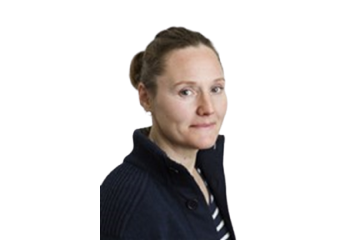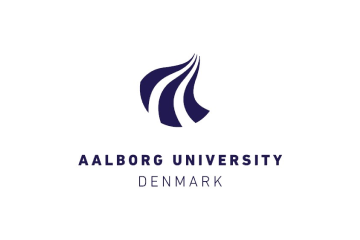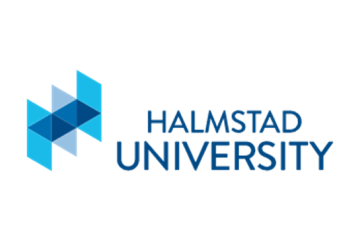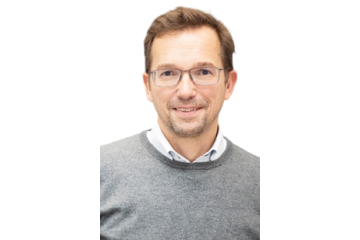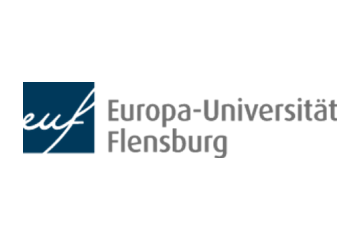
Webinar on Energy Efficiency, Spatial Potentials and Possible Future Developments
Date: 21. 04. 2022
Time: 9:00 – 10:00 am
Organized by: sEEnergies, ReUseHeat projects, Euroheat and Power and Aalborg University
As a response to the European Commission’s 2050 decarbonization goals, sEEnergies uniquely considers all aspects of the Energy Efficiency (EE) First Principle. By applying it in sectors and markets, country-by-country and grid-by-grid, and by combining temporal and spatial analyses, sEEnergies will develop an innovative, holistic and research-based EE-modelling approach.
The aim of sEEnergies is to quantify and operationalize the potential for energy efficiency in buildings, transport, and industry. The project goes beyond state-of-the-art science-based knowledge and methods, as it combines sectorial bottom-up knowledge with hour-by-hour modeling of the energy systems and spatial analysis in the EU. Web: www.seenergies.eu Twitter: @sEEnergiesEU
For this webinar, the contributions from sEEnergies are complemented with an introductory update from the soon ending ReUseHeat project (Web: www.reuseheat.eu Twitter: @ReUseHeat), with focus on future possibilities for recovery and utilization of low-temperature excess heat within European urban areas. This is followed by a presentation of the modeling of specific investment costs for future district heating systems in the EU, a key element among sEEnergies project outputs. Last but not least, the webinar presents some key aspects and approaches for spatial analytics within the buildings, transport, and industry sectors, and also introduces the sEEnergies Index: a new index which allows comparing the ”apples” and the ”pears” of local energy efficiency potentials. The webinar is ended with an open discussion and feedback from stakeholders.
Presented by
Agenda
09:00 – 09:05
Welcome
Brian Vad Mathiesen (Aalborg University)
09:05 – 09:15
The low-temperature district heating perspective
Kristina Lygnerud,Coordinator of ReUseHeat
(IVL Swedish Environmental Institute)
09:15 – 09:30
Modelling investment costs for future district heating systems in Europe
Urban Persson (Halmstad University)
09:30 – 09:45
Spatial analytics and the sEEnergies Index
Bernd Möller (Europa-Universität Flensburg)
09:45 – 10:00
Discussion and feedback from stakeholders
Kristina Lynegrud works with business model innovation for sustainability, predominantly in the field of district energy. Other areas of expertise are risk management (ERM) and innovation processes. As senior expert at IVL Kristina is building up a new branch of activity supporting cities in the energy transition (read more here www.ten21.eu). Kristina has specialized in low temperature business models and innovation projects and coordinates the REUSEHEAT project (www.reuseheat.eu). Since 2021 Kristina is chair of the platform for district energy research, DHC+ and she works part time at Halmstad University as Assistant Professor in Industrial and Financial Economics.
Urban Persson is a Swedish researcher in the academic field of energy and environmental technology with a special focus on district heating and cooling systems in a European perspective. Special interests include heat and cold demands, assessments of excess heat and renewable heat resources, waste generation and management, heat distribution investment economics, and spatial data analysis in geographical information systems. Urban has been employed at Halmstad University in Sweden since 2006, where he today is professor in renewable energy systems. In the sEEnergies project, Urban represents Halmstad University as lead of work package 5, Spatial analyses of energy efficiency potentials and development of a GIS visualization platform.
Prof. Dr. Bernd Möller is professor in Sustainable Energy Systems Management at Europa-Universität Flensburg, Germany. His research includes geospatial analysis in energy planning, sustainable energy access and development. He chairs the international M.Eng. programme Energy and Environmental Management in Developing Countries.
Brian Vad Mathiesen, Professor in Energy Planning and Renewable Energy Systems at Aalborg University, holds a PhD in fuel cells and electrolysers in future energy systems (2008). His research focuses on technological and socio-economic transitions to renewables, energy storage, large-scale renewable energy integration and the design of 100% renewable energy systems.
He is one of the leading researchers behind the concepts of Smart Energy Systems and electrofuels. He is on the Clarivate, Web of Science Highly Cited list (2015-2020), thus among the top 1% most cited researchers globally. Among other positions, he is member of the EU Commission expert group on electricity interconnection targets in the EU and The newly founded Science Advice for Policy by European Academies (SAPEA) Expert Group on A Systemic Approach For the Energy Transition In Europe. He is the Research Coordinator of the Sustainable Energy Planning Research group, Principal Investigator (PI) of the RE-INVEST and sEEnergies projects, and Programme Director for the MSc in Sustainable Cities.
He has been PI, work package leader and participant in more than 60 research projects as well as editorial board member of The Journal of Energy Storage (Elsevier) and The Journal of Sustainable Development of Energy, Water & Environment Systems; Associate Editor of Energy, Ecology and Environment (Springer) and Editor of the International Journal of Sustainable Energy Planning and Management. Recently he started the new Elsevier Journal Smart Energy. Furthermore, he is a member of The Danish Academy of Technical Sciences (ATV) and a board member at The Danish Energy Technology Development and Demonstration Program (EUDP).Furthermore, he is a member of The Danish Academy of Technical Sciences (ATV) and a board member at The Danish Energy Technology Development and Demonstration Program (EUDP).


